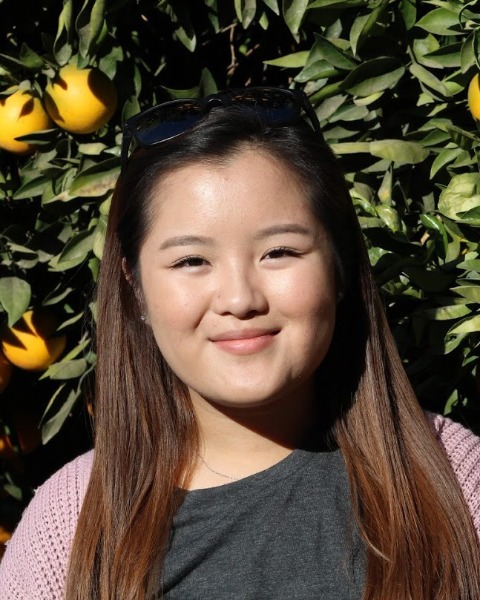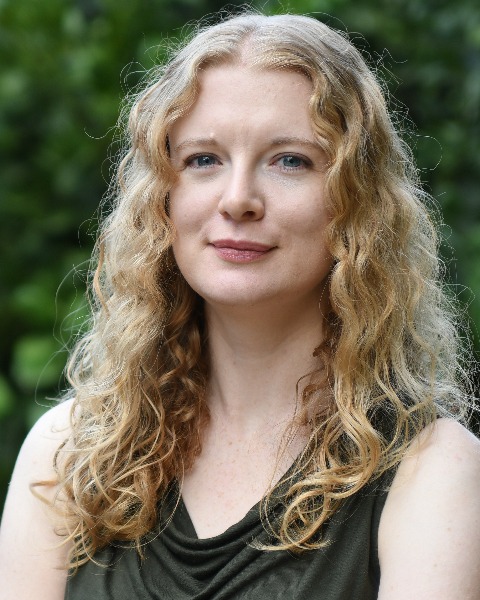Student Poster Display
Plant-Insect Ecosystems
Student
Student Competition
D3099: Unbinding the bindweed psyllid (Bactericera maculipennis) from its bindweed host exposes it to a novel bacterial symbiont

Mona Tran
Graduate Student
University of California, Riverside
Riverside, California- JK
Jaimie Rae Kenney
PhD Candidate
University of California
Riverside, California - MG
Marco Gebiola
Project Scientist
University of California
Riverside, California 
Kerry Elizabeth Mauck
Assistant Proffesor
University of California
Riverside, California
Presenting Author(s)
Co-Author(s)
Research on psyllids in the Southwestern US is largely focused on a few pest species, including the potato psyllid (Bactericera cockerelli). B. cockerelli is a vector for ‘Candidatus Liberibacter solanacearum’ (CLso), a phloem-limited bacterial plant pathogen that is the causal agent of disease conditions in Solanaceae (Solanales). In the Southwest, native plants, such as the nightshade Solanum umbelliferum, are facilitating maintenance of B. cockerelli and CLso haplotypes that are distinct from the crop environment. Our extensive surveys of S. umbelliferum populations revealed that B. cockerelli is not the only psyllid visiting this host. We also found evidence of feeding and reproduction by Bactericera maculipennis, commonly known as the bindweed psyllid, on S. umbelliferum. Until our study, it was believed that this species only feeds and reproduces on plants in the Convolvulaceae, a sister family to Solanaceae. However, using development assays, we found that B. maculipennis completes development on S. umbelliferum over an even shorter time frame than on its most suitable Convolvulaceae host (Convolvulus arvensis). We also collected bindweed psyllids from S. umbelliferum throughout CA and screened them for CLso. We found that B. maculipennis feeding on S. umbelliferum in the field harbor both a novel “wild” CLso variant (CLso Sumb2) and a variant that is known to cause disease in crops (CLso B). Our results suggest that B. maculipennis may be a possible vector of CLso and could function as a bridge facilitating emergence of CLso as a pathogen of Convolvulaceae.

.png)

